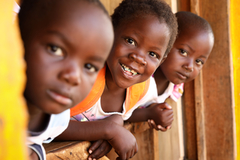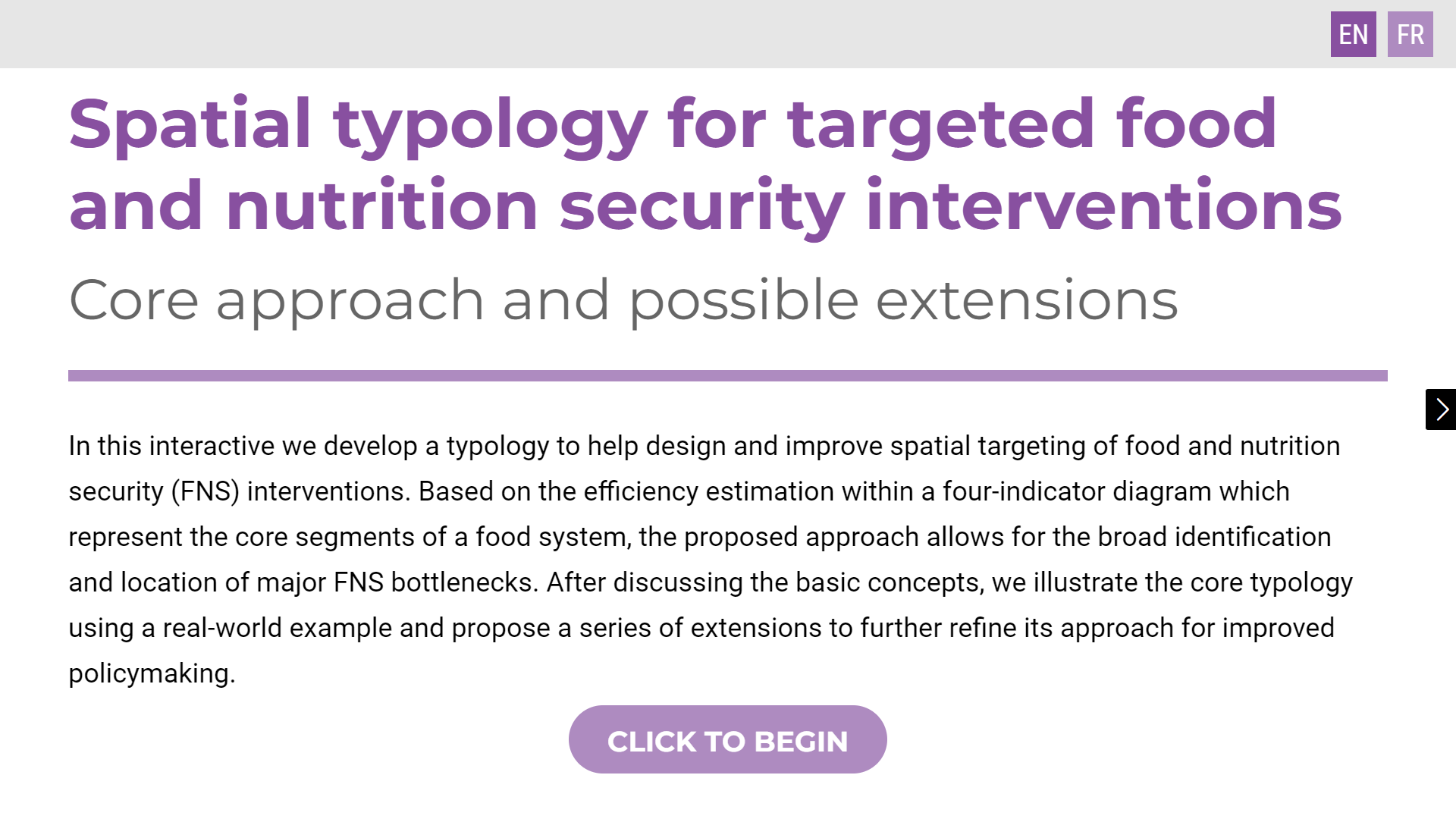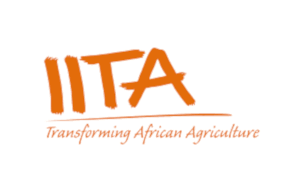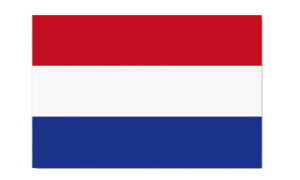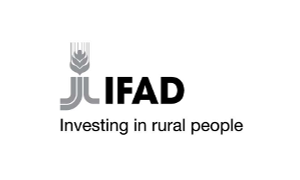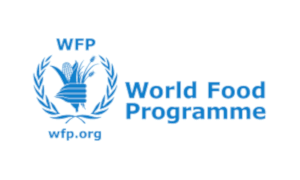This project is about developing and applying a comprehensive typology for the design and implementation of spatially targeted food and nutrition security (FNS) interventions. The framework and methods used help explain nutrition outcomes of households in different subnational areas as a combination of various types and degrees of inefficiencies along the agri-food system chain. Based on the relative importance of these inefficiencies, interventions for different locations and segments of the chain can be designed to help build efficient, resilient, and sustainable agri-food systems.
Given its operationally flexible and less data intensive nature, the core typology approach, which incorporates the full pathway from agricultural potential to nutritional outcomes, can be applied to most countries and especially where data and information systems are suboptimal. For each country analyzed, the efficiency profile (based on the levels of production, access, and utilization efficiency) of various subnational areas is developed and the types of intervention are identified.
In countries where more comprehensive data are available, various extensions to the core approach are tested and pursued for further upscaling. These include: (i) in-depth analysis of food markets in terms of linking nutrient production and consumption profiles; (ii) development of a more comprehensive index of agricultural potential using remote sensing tools; (iii) simulation of nutrition impacts of alternative agri-food system transformations; and (iv) evaluation of agri-food system resilience using various typology applications.
CLICK ON IMAGE BELOW TO LEARN MORE ABOUT THIS TYPOLOGY WORK




